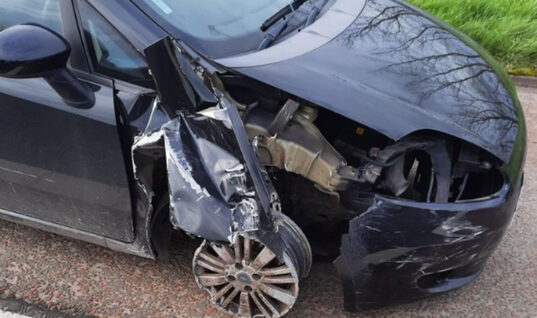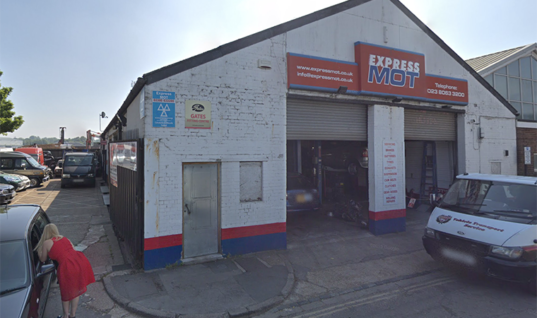As vehicle manufacturers (VMs) continue to experiment with weight and material savings, Dometic Group say it’s now seeing refrigerant charging amounts of less than 300 grams.
A deviation of +/- 15 grams is commonly considered tolerable.
In a press release, the group said: “When a car air conditioner is charged with refrigerant, the first thing that is filled is the service hoses.
“Theoretically, the refrigerant remaining in the hoses after the service couplers have been removed would be recovered, so the correct amount of refrigerant would arrive in the vehicle.
“In real practice, however, said service hoses are not filled to the brim with fluid refrigerant. Instead, an unpredictable proportion of gaseous refrigerant remains in the tubing.
“While a litre of fluid R 134a weighs about 1.2 kilograms, its weight in gaseous state is only about 30 grams, depending on the pressure and the ambient temperature.”
“The compulsory test run after every air conditioning service will also influence this ratio as the compressor recovers the refrigerant from the low-pressure side and forces it into the system via the high-pressure side.
“Things are getting truly exciting when the car is serviced on a hoist – about 2.5 metres above floor level, or when the service unit is placed at a higher level than the vehicle.![]()
Shorter cycles
“Profitable operations call for shorter cycles at the individual workstations.
“And the easiest way to get shorter work cycles is to reduce the time spent on refrigerant evacuation.
“In most cases the manometer would show that a proper vacuum has been reached in a few minutes time.
“The really important phase, however, follows only afterwards: residual refrigerant contained in the refrigerant oil has to be evaporated and then recovered by the vacuum pump of the service unit.
“This can well add up to an amount of 50 to 100 grams.
“Low-emission service units by WAECO prevent this effect, because they collect and recycle the refrigerant contained in the hoses.
“If the recommended evacuation time is not adhered to, the first 50 grams of refrigerant is already pre-charged.
“All the factors earlier described end up in the following worst case scenario: a vacuum phase too short results in a surplus of about 80 grams, while working at the upper limit of the specified level of charging amount accuracy means another 15 grams of excessive refrigerant charged.
“This adds up to a total of almost 100 grams of refrigerant overcharging or undercharging, an absolutely critical amount in younger A/C systems.”
What happens if you overcharge?
The temperature at the centre air nozzle in the passenger compartment is too high; the increased mechanical load results in compressor noises; the pressure at the low side and the high side are too high; and, in case of excessive overcharging, the refrigerant pipes can even burst.
An overcharged air conditioning system will cause a rise of the compressor temperature due to the insufficient heat transmission and oil transport; the temperature at the centre air nozzle in the passenger compartment will also be too high, whereas the pressure on the low and high side will be too low.
A slight deviation from the target values will result in a reduced cooling capacity.
Larger deviations, however, will cause serious damage to the components, which can entail costly repairs – and potential recourse claims from the vehicle owners.
For more information about the complete range of professional air conditioning equipment, click ‘more details’ below.







